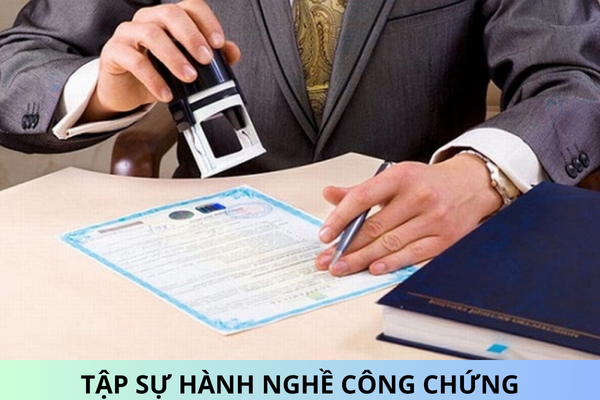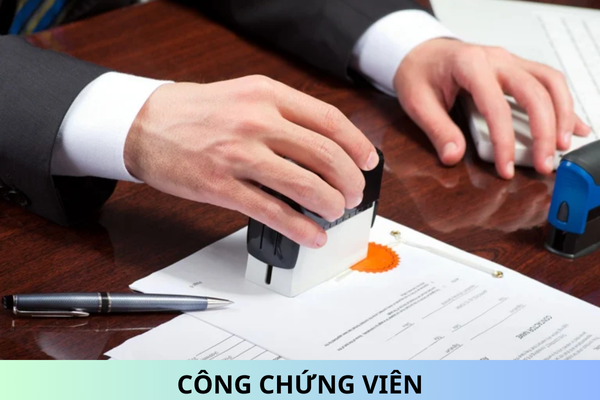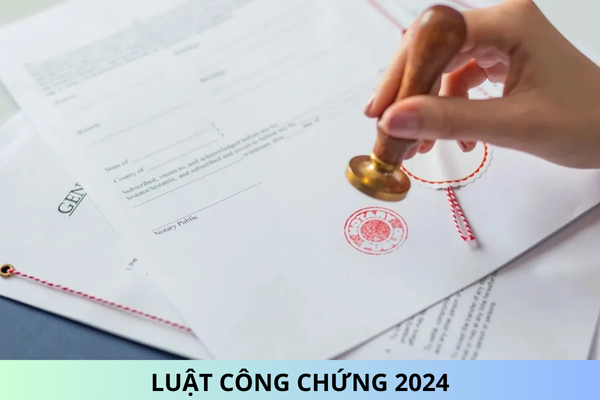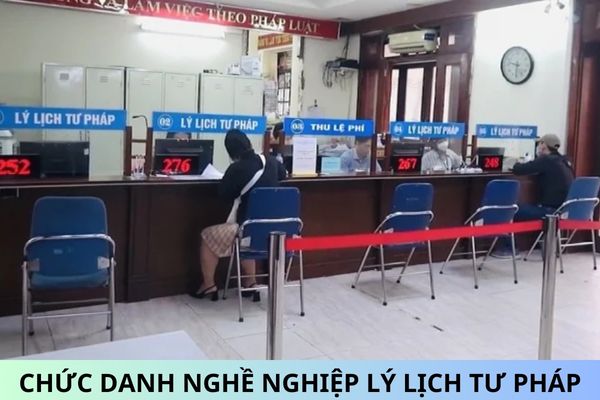What are permissible tasks of bailiffs in Vietnam? What are eligibilities for assignment of bailiffs in Vietnam?
What are permissible tasks of bailiffs in Vietnam? What are eligibilities for assignment of bailiffs in Vietnam? - Ms. Quynh Anh (Lam Dong)
What are permissible tasks of bailiffs in Vietnam?
Pursuant to Article 3 of the Decree 08/2020/ND-CP stipulating permissible tasks of bailiffs in Vietnam:
Permissible tasks of bailiffs
1. Serving documents in accordance with this Decree and relevant law provisions.
2. Producing bailiff’s reports at request of individuals, agencies, and organizations in accordance with this Decree.
3. Verifying conditions for judgment enforcement at request of litigants and persons with relevant benefits, obligations in accordance with this Decree and relevant law provisions.
4. Organizing implementation of judgments, decisions of the court at request of litigants in accordance with this Decree and relevant law provisions.
As regulated above, bailiffs in Vietnam are permissible to carry out following tasks:
- Serving documents in accordance with this Decree and relevant law provisions.
- Producing bailiff’s reports at request of individuals, agencies, and organizations in accordance with this Decree.
- Verifying conditions for judgment enforcement at request of litigants and persons with relevant benefits, obligations in accordance with this Decree and relevant law provisions.
- Organizing implementation of judgments, decisions of the court at request of litigants in accordance with law provisions.
What are permissible tasks of bailiffs in Vietnam? What are eligibilities for assignment of bailiffs in Vietnam? - image from internet
When shall bailiffs in Vietnam be suspended their operation?
Pursuant to Clause 1 Article 12 of the Decree 08/2020/ND-CP stipulating:
Suspension of bailiff
1. Department of Justice where a bailiff is operating shall issue decision on suspension of the bailiff when:
a) The bailiff is under criminal prosecution; or
b) The bailiff is under administrative penalties.
2. Suspension shall last no longer than 12 months.
3. The Department of Justice shall issue decision on premature cancellation of decision on bailiff suspension when:
a) A decision on suspension of investigation, a decision dropping the lawsuit, or an effective judgment of the court ruling the bailiff not guilty is issued; or
b) The bailiff is no longer under administrative penalties.
4. Decision on suspension and decision on cancellation of decision on suspension of bailiff shall be sent to the bailiff, bailiff office where the bailiff is working at, People’s Court of province or city (hereinafter referred to as “provincial People’s Court”), People’s Procuracy of province or city (hereinafter referred to as “provincial People’s Procuracy”), Department of Civil Judgment Enforcement, and Sub-department of Civil judgment Enforcement where the bailiff is based at and Ministry of Justice.
As regulated above, bailiffs in Vietnam shall be suspended their operation in following cases:
- The bailiff is under criminal prosecution; or
- The bailiff is under administrative penalties.
What are eligibilities for assignment of bailiffs in Vietnam?
Pursuant to Article 6 of the Decree 08/2020/ND-CP stipulating eligibility of bailiff in Vietnam:
Eligibility of bailiff
A person shall be assigned as a bailiff when he/she:
1. Is a Vietnamese national, not older than 65 years old, residing in Vietnam, properly adhering to the Constitutions and the laws, and possessing good moral virtues.
2. Has undergraduate or post-graduate degrees in law.
3. Practices law for at least 3 years in agencies, organizations after obtaining undergraduate or post-graduate degrees in law.
4. Completes training courses, receives recognition equivalent to training completion, or completes bailiff refresher training courses mentioned under Article 7 hereof.
5. Qualifies in bailiff apprenticeship exam.
As regulations above, a person shall be assigned as a bailiff when he/she:
- Is a Vietnamese national, not older than 65 years old, residing in Vietnam, properly adhering to the Constitutions and the laws, and possessing good moral virtues.
- Has undergraduate or post-graduate degrees in law.
- Practices law for at least 3 years in agencies, organizations after obtaining undergraduate or post-graduate degrees in law.
- Completes training courses, receives recognition equivalent to training completion, or completes bailiff refresher training courses abroad.
- Qualifies in bailiff apprenticeship exam.
Best regards!











